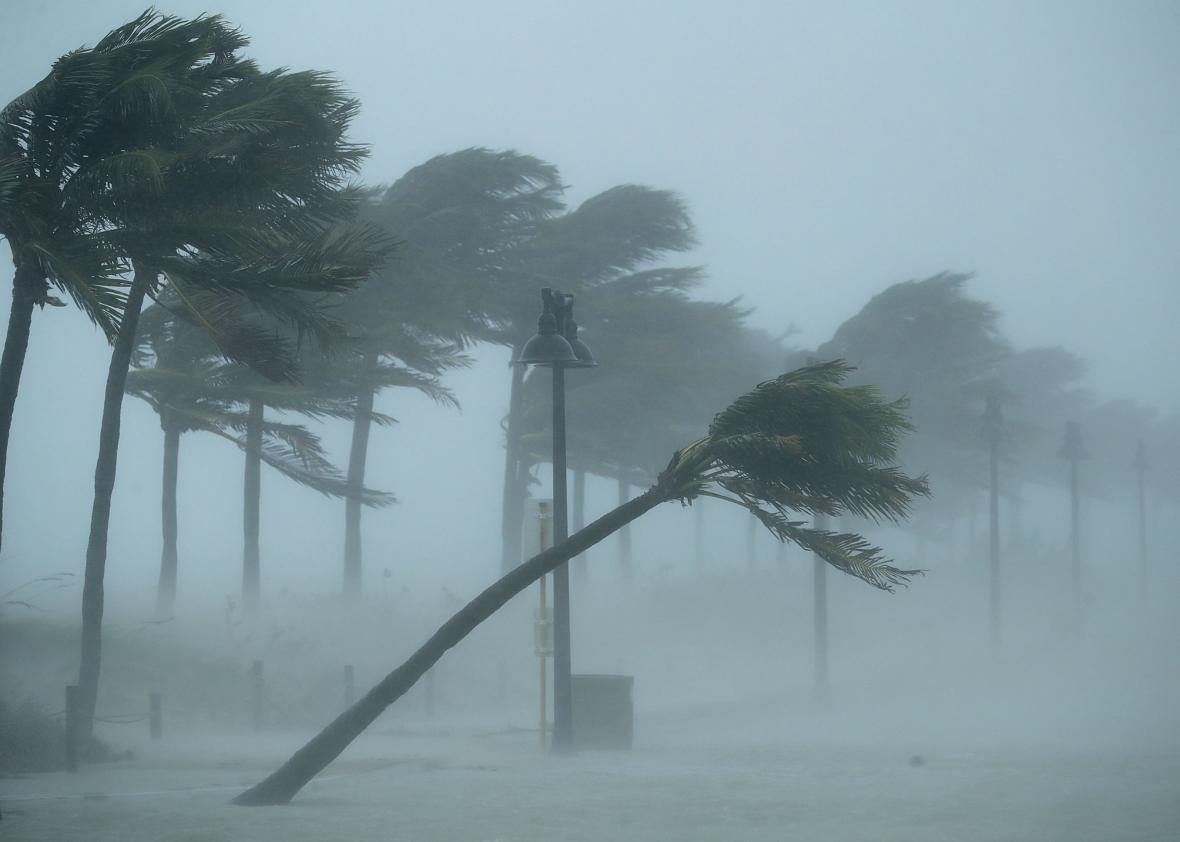Natural disasters present opportunities for companies to burnish their brands—or tarnish them. It’s relatively easy for a company to marshal resources after the disaster has happened by sending truckloads of supplies, distributing products, and stamping its name on relief efforts. It’s much harder to do the right thing as the disaster is approaching or actually happening—and that’s in part because so much of the human activity has been removed from business operations.
Operating at scale—managing millions of customers, running intricate and highly complex operations, keeping track of a huge amount of activity in real time—requires robust systems. The more computer algorithms can perform business activities and make decisions, the more efficient and profitable companies can be. Indeed, companies like Facebook, Google, and Amazon, which enjoy very high margins, rely to a large degree on algorithms to run their businesses.
Software can detect and follow supply and demand in real time and adjust prices accordingly. This is how companies that sell products with set expiration dates—like hotel rooms and airplane seats—manage to eke out profits in highly competitive environments. Retailers like gas stations also use software to scour the marketplace for price information and continually adjust prices.
But we’ve seen in the past how doing so can lead to problems when things go badly. Uber, the poster child for having too much artificial intelligence and too little emotional intelligence, was justly dinged for letting its system charge surge pricing during Hurricane Sandy.
Last week, several well-known, very large companies—not exactly paragons of customer service—intervened in their algorithms and altered policies to offer relief to stressed-out customers in ways that were counterintuitive to how the machines would act.
Ordinarily, when lots of people suddenly want to fly air routes at the same time, systems will adjust prices continually higher to capture the available dollars. Not this time. Several airlines last week, led by JetBlue, American, Delta, and United, capped fares for flights leaving Florida, waived some of the fees they charge for bringing baggage and pets along, and added flights and seats to the extent possible. All of which will have the effect of reducing revenues that the system could have captured.
Airbnb generates revenues partly as a percentage of how much guests pay to stay in the homes of hosts on its network. The prospects of millions of people fleeing Irma and seeking temporary shelter would therefore present an opportunity for Airbnb and its hosts to raise prices. But, in another counterintuitive move, Airbnb assembled a list of hosts willing to open their homes for free.
For wireless companies, which make money by charging users for data, a week in which people feel compelled to keep their phones on at all times and continually refresh weather maps or video coverage would be really good for business. The system, without any tweaking, would happily tally overages and charge accordingly. Ahead of Irma’s arrival, however, both AT&T Wireless and Verizon texted customers that they would either add more data to existing plans or simply not charge for text or data overuse for the next week.
Of course, these measures aren’t being done purely out of a sense of humanitarianism. Savvy companies have come to recognize that behaving like a jerk when customers are in extremis can add to your bottom line this quarter, but it invites investigations, and, in the age of social media, backlash. 7-Eleven swung into action quickly when it was reported that several store owners in Florida had jacked up prices of bottled water last week.
Now that so many operations are run by algorithms that have no appreciation for poor optics—or the morality of gouging consumers when they are desperate, or the damage that a greedy vision can do a company’s long-term viability—more and more executives are discovering they have to shut their systems off when the waters rise.
